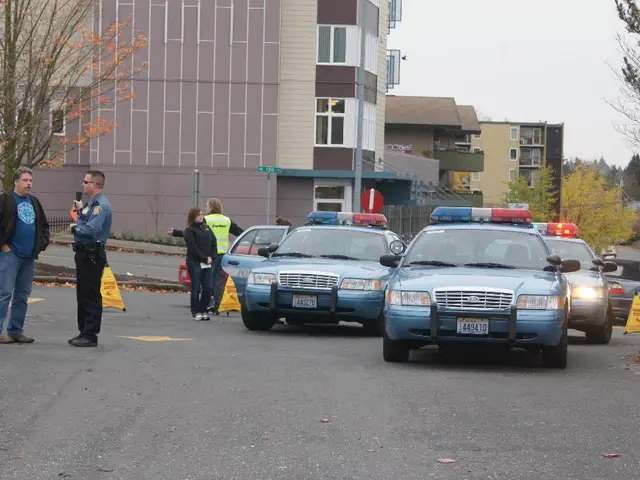Government officials reveal strategies for reclaiming unused land
Owning a plot in a gardening association comes with responsibilities, and neglecting these duties can lead to a variety of problems, according to State Duma deputy Nikita Chaplin.
An abandoned plot can serve as a potential source of weed spread, insect pests, and fire hazards, especially in the summer. This neglect not only spoils the overall appearance and decreases the value of neighboring plots but also poses a risk to the entire community.
Maintaining minimal order on the plot can help avoid fines and legal disputes, as per Chaplin's advice. In extreme cases, the land plot may be forcibly seized if the owner does not appear or pay membership fees for a prolonged period, as previously mentioned.
The main legal consequences of neglecting a property stem from the property owner's duty of care to maintain the property safely. Failing to address hazards such as overgrown weeds, insect infestations, and fire risks can lead to liability for injuries or damages caused by these hazardous conditions.
One of the key legal consequences is premises liability for neglected hazards. If someone is injured or suffers damages due to these hazards, the owner may face claims requiring them to compensate the injured parties for damages like medical costs and lost wages.
Liability through notice and foreseeability is another concern. Courts typically assess whether the owner had actual or constructive notice of the hazardous condition. Long-term neglect increases the likelihood that the owner is deemed to have notice and thus can be held liable if harm results from the unsafe conditions.
Neglected vegetation can also violate local ordinances or state laws regulating property maintenance, leading to administrative fines, orders to remediate the property, or, in severe cases, legal actions that might include forcible cleanup or even seizure of the land for public safety reasons.
Neglected properties can also increase the risk of insect pests and fire hazards, which intensifies liability. Property owners are expected to control conditions that could foreseeably cause harm to neighbors or emergency responders.
In summary, a property owner's prolonged neglect can expose them to legal responsibility for injuries or damages caused by unsafe conditions, enforcement actions for code violations related to pests and fire hazards, and potentially rare but serious consequences like land seizure if the property poses a significant public hazard and the owner fails to remedy the situation.
If a property owner cannot maintain the plot, it would be better to officially transfer it to someone who will care for the territory, as suggested by Chaplin. In addition, failing to appear on the plot for years and not paying membership fees can lead to legal action by the gardening association's board to recover the debt, as per current legislation.
- Neglecting a land plot within a gardening association, as indicated by State Duma deputy Nikita Chaplin, can result in legal action for premises liability due to neglected hazards like overgrown weeds, insect infestations, and fire risks.
- In accordance with policy-and-legislation and politics, if a property owner cannot maintain the plot for a prolonged period, they may face legal actions, including administrative fines, orders to remediate the property, or even seizure of the land by the gardening association's board for general-news related reasons such as posing a significant public hazard.







